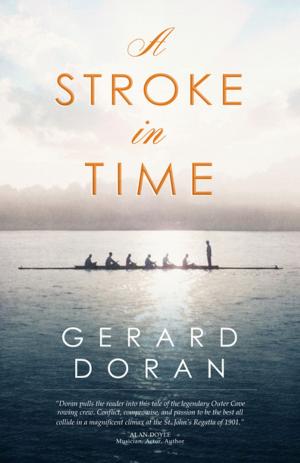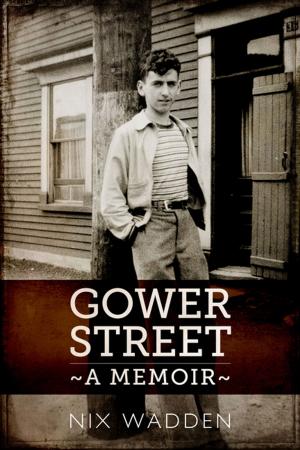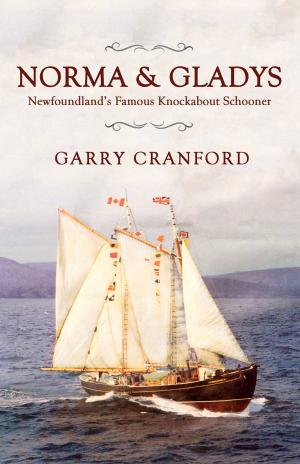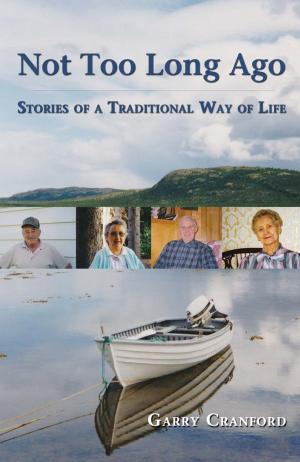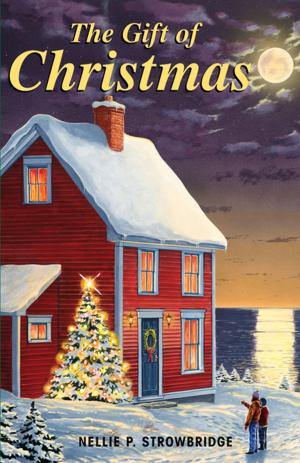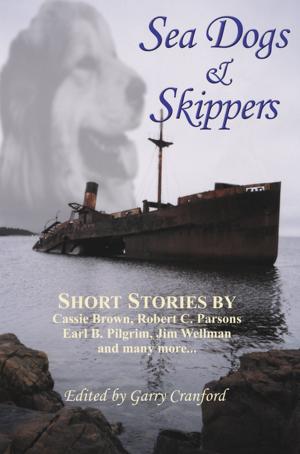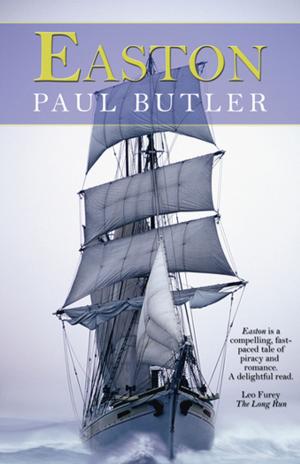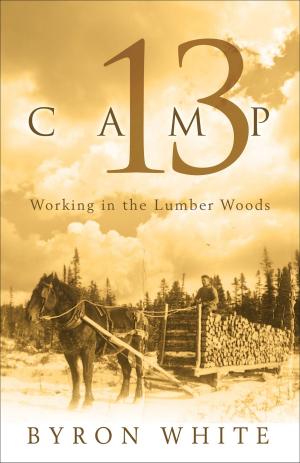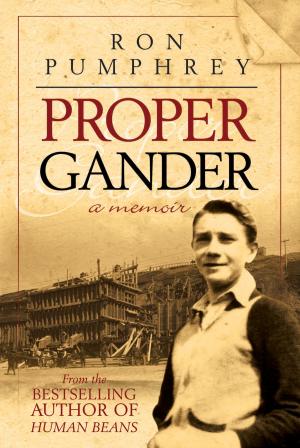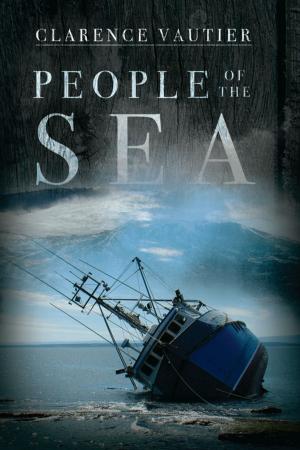I Remain, Your Loving Son
Intimate Stories of Beaumont-Hamel
Nonfiction, History, Canada, Military, World War I| Author: | Frances Ennis, Bob Wakeham | ISBN: | 9781771175692 |
| Publisher: | Flanker Press | Publication: | September 22, 2017 |
| Imprint: | Flanker Press | Language: | English |
| Author: | Frances Ennis, Bob Wakeham |
| ISBN: | 9781771175692 |
| Publisher: | Flanker Press |
| Publication: | September 22, 2017 |
| Imprint: | Flanker Press |
| Language: | English |
History has told us in unambiguous terms that the statistics from July 1, 1916, were grim and shocking. Most Newfoundlanders and Labradorians can recite the facts on cue: 801 men went “over the top” at Beaumont-Hamel, France; all but sixty-eight were either killed or wounded. Another number, startling as well: thirty, as in thirty minutes, a half-hour. That’s how long it took for German machine gunners to virtually wipe out the Newfoundland Regiment, from 9:15 on that sunny Saturday morning to 9:45. The bloodletting was halted because, in the words of one officer at the time, “Dead men cannot advance any further.” Inside these covers you will find deeply personal stories of Beaumont-Hamel, told by the soldiers themselves and their relatives back home, by their descendants, and by others who have found distinctive ways of bringing an intimate touch to what is sometimes described as the saddest day in Newfoundland and Labrador history. The transcripts of two documentaries produced by Bob Wakeham and Bill Coultas, a series of poems by Frances Ennis, and hooked rugs created by the Holy Heart of Mary Alumnae Choir form the content of this unique tribute to those who died at Beaumont-Hamel.
History has told us in unambiguous terms that the statistics from July 1, 1916, were grim and shocking. Most Newfoundlanders and Labradorians can recite the facts on cue: 801 men went “over the top” at Beaumont-Hamel, France; all but sixty-eight were either killed or wounded. Another number, startling as well: thirty, as in thirty minutes, a half-hour. That’s how long it took for German machine gunners to virtually wipe out the Newfoundland Regiment, from 9:15 on that sunny Saturday morning to 9:45. The bloodletting was halted because, in the words of one officer at the time, “Dead men cannot advance any further.” Inside these covers you will find deeply personal stories of Beaumont-Hamel, told by the soldiers themselves and their relatives back home, by their descendants, and by others who have found distinctive ways of bringing an intimate touch to what is sometimes described as the saddest day in Newfoundland and Labrador history. The transcripts of two documentaries produced by Bob Wakeham and Bill Coultas, a series of poems by Frances Ennis, and hooked rugs created by the Holy Heart of Mary Alumnae Choir form the content of this unique tribute to those who died at Beaumont-Hamel.

